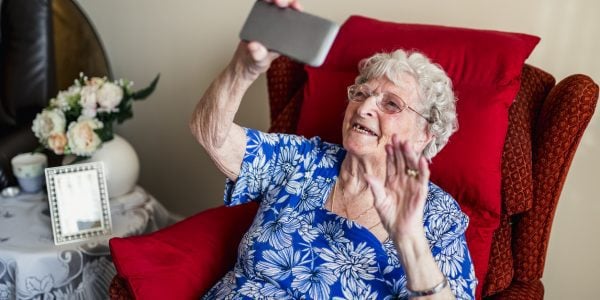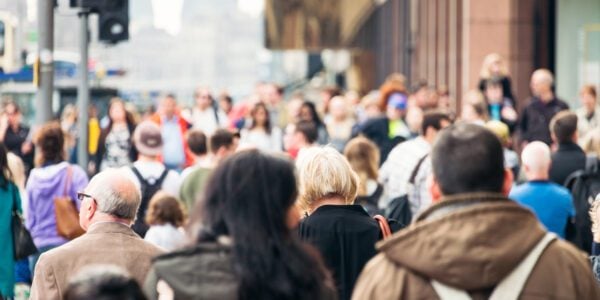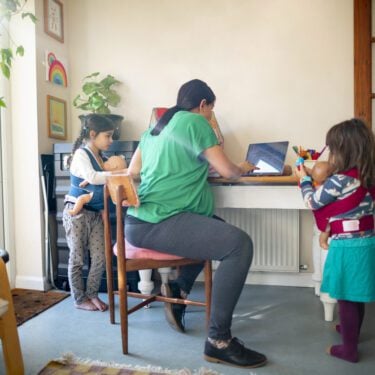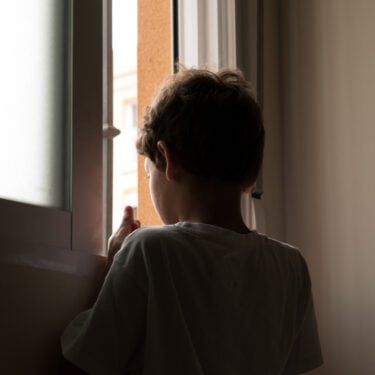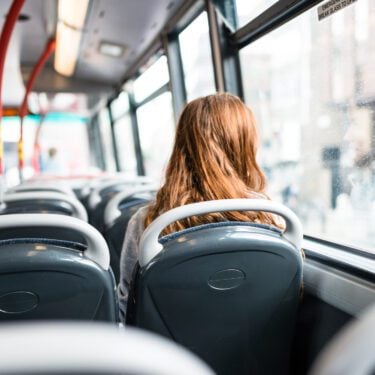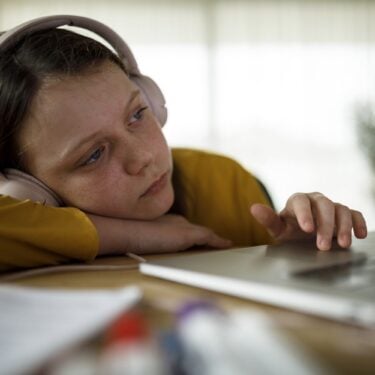The COVID-19 pandemic has led to a greater sense of national division, but our sense of local unity has remained strong and people’s trust in others has grown over the course of the crisis.
These are the findings of a comprehensive study by the University of Kent and Belong – The Cohesion and Integration Network into the impact of the pandemic on social relations in Britain.
The researchers also found that local authority areas that had prioritised support for social infrastructure and cohesion, and been supported to do so by government investment, had proved to be more resilient in the course of the pandemic than other places.
The researchers have called on the government to draw on the lessons of the pandemic to “build back unity from the bottom up” by channelling moderate investment into local initiatives which build social infrastructure and people’s sense of togetherness. This approach should be firmly embedded within the government’s levelling-up plans.
Beyond us and them
The Beyond Us and Them study, undertaken by Belong in partnership with the University of Kent’s Centre for the Study of Group Processes and funded by the Nuffield Foundation, is one of the largest studies so far into the impact of the pandemic on British society.
Through over 39,000 survey responses, 61 focus groups and 256 interviews, the project has built a comprehensive picture of how Britain’s social fabric held up during a period of unprecedented strain.
The researchers tracked a range of key indicators of social cohesion, including: people’s trust in government and each other, people’s sense of unity and division, people’s experience of discrimination, and levels of social engagement.
Some of the key findings include:
Sense of unity and division
In the early days of the pandemic, people had a strong sense of growing national unity, but this quickly faded from June 2020 and never recovered.
- In May 2020, 43% perceived growing unity in the country and 32% growing division.
- By June 2021, only 16% perceived growing unity in the country and 64% growing division.
Perceptions of divisions between particular groups all rose sharply from May 2020. These included:
- Wealthier vs poorer – rose from 49% of people perceiving divisions in May 2020 to 67% in June 2021
- Leavers vs Remainers – rose from 39% in May 2020 to 67% in June 2021
- Scotland vs England – rose from 51% in May 2020 to 64% in June 2021
By contrast, throughout 2020 more people thought their local area was becoming more united than thought it was becoming more divided and by June 2021 roughly equal numbers perceived growing local unity (26%) as perceived growing local division (22%).
Trust in government and each other
- Trust in the UK government’s response to the crisis started out high (51% of people in May 2020), but dropped sharply after June 2020, hitting its lowest point in October 2020 (21%) and never recovered to the level of May 2020.
- By contrast, trust in local government’s response to the pandemic was stronger and did not fall over the course of the pandemic, remaining at 41% in June 2021. Respondents in all places trusted their local authority’s response to COVID-19 more than they did the UK government’s response.
- At the same time, people’s trust in each other (measured by trust in others to abide by COVID rules) increased from 19% of people to 43% over the course of the pandemic.
Prejudice and discrimination
- Four fifths of Black respondents (81%) and three quarters of Muslim respondents (73%) reported having experienced some form of discrimination against themselves over the course of a month, compared with 53% of White respondents.
- There was a sharp jump between May and June 2020 in how serious people perceived all forms of discrimination to be; this jump coincided with the murder of George Floyd in late May 2020.
Local areas that remained more resilient
As well as looking at the national picture, researchers studied six local authority areas (Blackburn with Darwen, Bradford, Calderdale, Peterborough, Walsall, and Waltham Forest) in England which had prioritised work to build social infrastructure and cohesion.
Five of these were the local authorities which received additional funding under the government’s Integration Areas programme, through which they were able to invest in trialling new and more localised approaches to building cohesive communities.
The study found that these areas, on a range of key indicators, were more socially cohesive and resilient over the course of the pandemic. In these areas, the researchers found:
- Higher levels of trust in national and local government – people in these areas expressed higher levels of trust in the national government (+10%), and were more trusting towards their local government response (+4%) than people in other areas.
- Higher levels of volunteering and social action – people in these areas reported substantially higher levels of active social engagement (+17.5%) than people in other areas.
- Higher levels of social connection – people in these areas had closer relations with their family, friends, colleagues and neighbours than people in other areas (+19%).
Recommendations
- The researchers have called on the government to invest £50 million in order to allow many more local authorities to undertake the kind of work that has been supported in these six local authority areas, beginning with those areas prioritised for levelling-up.
- They have also called for political leadership at national, regional and local levels to use language and narratives that place stronger emphasis on commonality and the interdependence between different communities, regions and nations.
Jo Broadwood, CEO of Belong – The Cohesion and Integration Network, said: “This research allows us to assess what the pandemic has taught us about the strength of British society. It suggests a society in which, at the national level, political trust has weakened and we feel more divided than before, but at a community level there is a much more robust sense of trust and togetherness. Local authorities that have prioritised initiatives which build trust and togetherness – and been supported by government investment to do so – have proved more resilient in the face of the crisis. The UK government deserves credit for the success of its Integration Areas programme, and that investment shows the way forward. By channelling moderate investment into local initiatives to build social infrastructure we can build a more resilient, unified society. We should draw on the lessons of the pandemic, utilise the power of our communities, and build back unity from the bottom-up.”
Professor Dominic Abrams, director of the Centre for the Study of Group Processes at the University of Kent, said: “Our research has looked at how some of the key elements of cohesion in British society have fared through this period of crisis. Our findings expose some important vulnerabilities that need attention, as well as strengths on which we can build. While addressing low levels of trust in political institutions and tackling levels of discrimination experienced by some groups, it will also be necessary to build on people’s trust in their local and community networks, and support their willingness to help one another in order to recover from this crisis and be better equipped to deal with challenges ahead.”
Alex Beer, Welfare Programme Head at the Nuffield Foundation, said: ““The COVID-19 pandemic increased community connections for some people, but also exposed fault lines and exacerbated deep-seated inequalities for others. Crucially some groups within communities were hit harder than others, not only in terms of health outcomes, but also economically, socially, and psychologically. Encouragingly, this research shows that investment in, and an explicit focus on, social cohesion by local government can help to build trust and more positive relationships between different groups in society and, in turn, help communities to become more resilient.”

